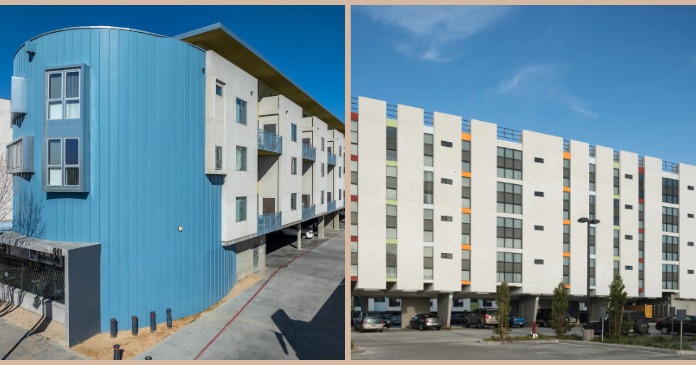New research from the National Apartment Association (NAA) highlights the unintended and detrimental consequences of rent control. The research, conducted by NDP Analytics and commissioned by NAA, shows that a staggering 70 percent of housing providers say rent control impacts their investment and development plans. Further, a full two-thirds of providers would not consider investing in markets with strict rent control policies.
“NAA’s latest research aligns with decades of data and real-life case studies that all lead to the same conclusion: rent control is a failed policy that brings more harm than relief to local communities,” said Bob Pinnegar, NAA President and CEO. “It’s not surprising that policies that make it harder for housing providers to do their jobs lead to less housing options. It is past time for our elected officials at all levels of government to shift their focus to policies that address housing supply issues and are targeted to the households most in need of support.”
“Rent control is not the solution it appears to be on the surface,” said Leah Cuffy, NAA’s Director of Advocacy Research. “While well intended, these policies have been proven to work against their intended purpose and ultimately hurt renters, housing providers and communities. This research explains the unsettling truths about rent control which are important to recognize in housing affordability discussions.”
With rent control in effect, housing providers are faced with the difficult financial strain of absorbing essential maintenance costs and are forced to reduce investments in improvements and nonessential maintenance. As a result, 54 percent said they expect to or would consider selling some assets. This is particularly alarming, as the nation faces housing supply challenges and must build 4.3 million new apartments by 2035 to meet current shortages and address future demand. Further, the apartment industry and its residents contribute $3.4 trillion to the national economy and support 17.5 million jobs.
NDP conducted extensive interviews with housing providers and developers to better understand the implications of rent control and encompassed three markets affected by state or local policies: St. Paul, Minn.; Santa Ana/Santa Barbara, Calif.; and Portland/Eugene, Ore. The research was also supplemented with an online opinion poll that gauged public perceptions of rent control. A whopping 75 percent of respondents indicated a desire for policies that increase funding for local programs by attracting more residential and commercial development. Nearly half of respondents incorrectly believe that rent control is targeted to only help low- and moderate-income renters.













